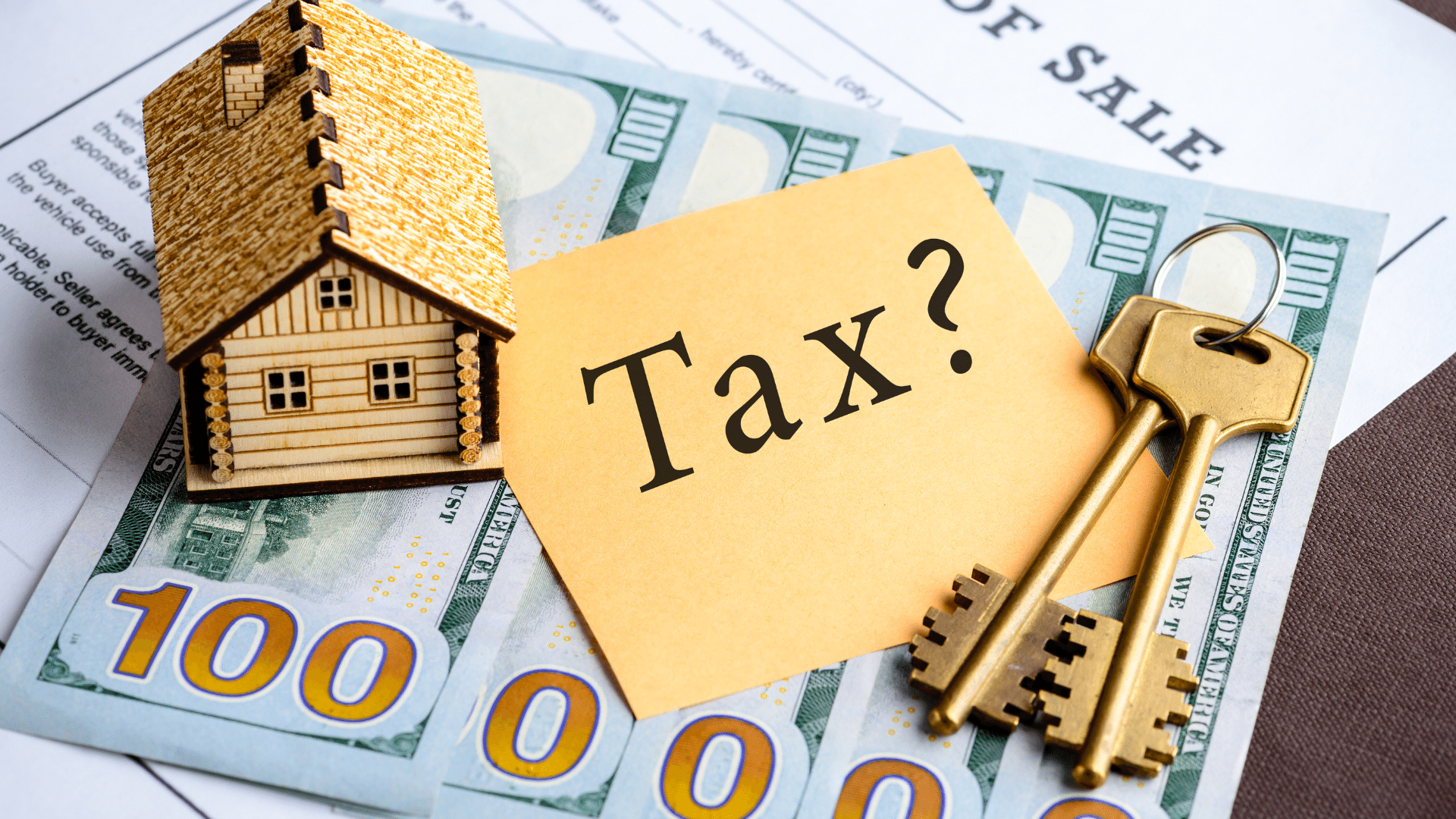For many people, purchasing a piece of real estate and or finally experiencing condo living is a blessing and a wonderful experience. A deed of sale is considered the pinnacle of accomplishment for individuals who desire to build a comfortable life. Everyone should be aware, however, that purchasing a property implies a number of obligations.
As a property owner, you have a number of obligations that never cease. Educating yourself about the fees and taxes you must pay is an important civic responsibility. For example, the real estate tax. The real estate tax is a tax on the value of the property. It may be described as one that is based on the value of the property.
The tax implications of buying real estate should be well-understood. As mandated by Republic Act No. 7160 (RA 7160), the government is responsible for collecting and administering property taxes.
What is Real Property Tax
If you are a homebuyer or is someone looking to purchase a condo in the Philippines, as a new homeowner, you may be wondering what real estate tax is all about. It is up to local governments to gather their own funds in order to pay for public services and expenditures. Real property tax (RPT) is one source of revenue for the LGU. Those who own or manage the property are accountable for paying the tax every year.
On residential, agricultural, and commercial properties, RPT can be enacted. Local Government Code Title II, Republic Act No. 7160, contains all of the RPT's fixed provisions.
Rates of Real Property Tax in The Philippines
According to Section 233 of the RA 7160, real property tax rates in the Philippines will vary depending on where the property is located and its assessed value. Real estate taxes in Metro Manila are set at 2% of the assessed value of the property in question. Provincial regions have a tax rate of 1% of the assessed value of the real estate. Ordinances dictate the assessment levels that are used to estimate the value of the real property.
To calculate your property's RPT, multiply the RPT rate by the assessed value of your property. Section 218 of the RA 7160 provides a list of evaluation levels.
Additionally, local governments may collect extra taxes for the Special Education Fund. They may add an additional 1% to the assessed value of the property. This money will be allocated to local schools' operating budgets.
In addition to the standard real estate tax, the government levies a maximum of 5% of the assessed value on properties that are left idle. That said, you should constantly put your land to good use and generate income from it.
Do Condo Owners Pay Property Tax?
It is true that condominium owners in the Philippines are required to pay property tax or real property tax. Because they own their own units and share in the building's common areas and amenities they do so. Residents in condominiums pay their real estate taxes to the local government. Real estate taxes on common areas are handled by condominium corporations, not individual homeowners.
For instance, with a market value of Php 3,500,000.00, you possess a residential real estate property or condo in Metro Manila. The property’s land is valued at PhP 1,500,000 while the building is valued at Php 2,000,000.
Multiply the Php 1,500,000 (land) by the assessment level that corresponds to it (20%). Next, multiply Php 2,000,000 (residential building) by the assessment level that corresponds to it (40%). Then simply add the assessed value of the residential land and residential building and multiply the applicable real property tax rate (which is in Manila is set at 2%). Ultimately, the tax amount to be paid is Php 22,000.
The sample computation is shown below:
Residential land:
PhP 1,500,000 * 20% = Php 300,000
Residential building:
PhP 2,000,000 * 40% = Php 800,000
Total Assessed Value = Php 300,000 + Php 800,000 = Php 1,100,000
Real property tax in Metro Manila = Php 1,100,000 * 2%
Real property tax to be paid is PhP 22,000.
For the RPT on the common areas or amenities, the association's dues are used to pay the tax. This fee is collected depending on the ratio of ownership each unit owner has in the building.
When is Real Property Tax due?
The real property tax is collected every January 31st. Quarterly payments are also an option for taxpayers in the months of March, June, September, and December. The deadlines for quarterly payments are:
- 1st quarter: March 31
- 2nd quarter: June 30
- 3rd quarter: September 30
- 4th quarter: December 31
Taxpayers can receive a reduction of up to 20% of the annual tax if they pay the basic real property tax plus the supplementary tax for public education, known as the Special Education Fund, in advance.
Real property tax is collected by the Treasurer's Office of the municipality. Taxpayers must provide the most recent tax declaration and official receipts, regardless of the method of payment they choose. To help first-time buyers, the developer or bank will provide tax declarations and official receipts as part of unit handover or loan clearance attachments.
Take note that you can always pay the tax before the deadline. As a matter of fact, several municipalities give tax discounts for advance tax payments. For further information, speak with your local treasurer.
Consequences of Failing To Pay Real Property Tax
The financial duties that come with owning a home are yours to bear. Real property tax penalties will be levied on anyone who fails to pay their taxes. Each outstanding sum accrues an interest rate of 2%. If underpaid for three years, this sum can rise to a maximum of 72%.
It's true that having a house may be gratifying and a dream-come-true, but it also comes with a lot of responsibilities.
Do not allow the complexity of taxes to keep you from buying your dream condo in the Philippines and performing your responsibilities to the city or province you live in. Become familiar with tax rates, price rises, property valuations, due dates, appropriate computation, and any applicable savings before paying your taxes. Prevent late payments as much as possible to avoid foreclosure. If you have any questions or concerns, you should get in touch with the office of the city treasurer in your area.
If you are thinking of investing in real estate, check out Vista Residences!
Vista Residences is the condominium arm of the country’s largest homebuilder, Vista Land & Lifescapes, Inc. that offers ready for occupancy and pre-selling condominium projects in Manila, Makati, Mandaluyong, Quezon City, Ortigas, Baguio, Cebu, and CDO that are strategically located within major cities, in close proximity to premium universities, transit oriented locations and developed business districts.
At Vista Residences, unit owners can take advantage of the property’s centrality. The properties of Vista Residences are strategically located near the country’s premium universities and CBDs, making them an attractive investment for both local and foreign investors.
Living in Vista Residences enables you to enjoy convenience, where everything is pretty much within walking distance or a few minutes away from the property; comfort because the project features and amenities are designed to deliver comfort at all times, which makes condo living a worthy investment; security that is 24/7 and CCTV monitoring, which makes the residents safe and secure within the property.
In line with Vista Residences’ thrust to offer convenience among its residents, it also features an AllDay Convenience Store and Coffee Project in all its projects.
For more information on Vista Residences, email [email protected], follow @VistaResidencesOfficial on Facebook, Twitter, Instagram, and YouTube, or call the Marketing Office at 0999 886 4262 / 0917 582 5167.

.png)








